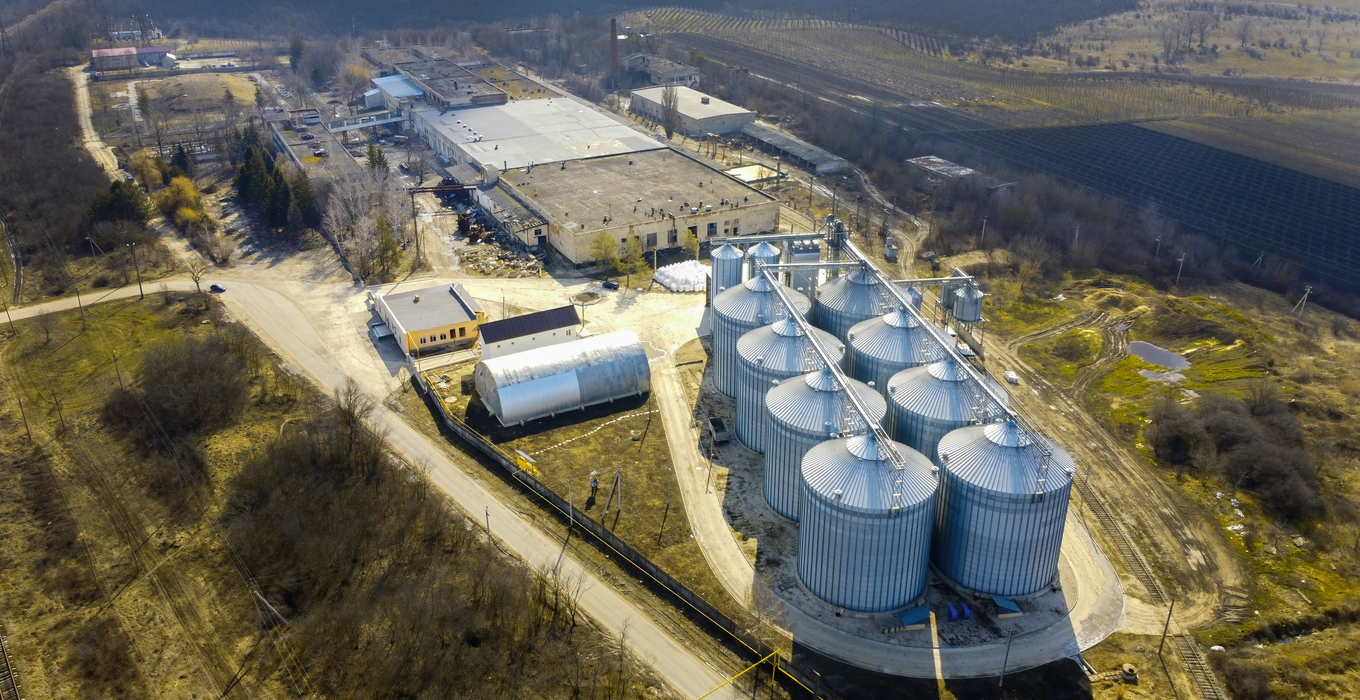In a significant move to modernize and strengthen the biofuels industry, the Minister of Energy and Mineral Resources introduced a new regulation, Regulation No. 4 of 2025 on the Business and Utilization of Biofuels (“Regulation 4/2025”), replacing the previous Regulation No. 32 of 2008 on the Provision, Utilization, and Commercialization of Biofuels (Bahan Bakar Nabati – “BBN”). This new regulation, which came into effect on 25 February 2025, aims to align the biofuels sector with current economic and environmental needs, while also introducing stricter controls, expanded opportunities, and new incentives for biofuel producers.
Key Changes in Regulation 4/2025 include the following:
- Expanded List of Biofuel Types
Regulation 4/2025 broadens the range of biofuels available for commercial and non-commercial use. While the previous regulation (Regulation 32/2008) primarily focused on biodiesel (B100) and bioethanol (E100), the new framework includes additional biofuel types such as biohydrocarbon diesel (D100) and bioavtur (J100). This expansion provides businesses with more options to diversify their biofuel offerings and cater to a wider range of industries, including aviation and heavy machinery.
- Prohibition of Biofuel Imports
One of the most notable changes in Regulation 4/2025 is the complete ban on biofuel imports. This move is aimed at promoting domestic production and reducing reliance on foreign biofuels. Businesses that previously engaged in importing biofuels must now shift their focus to locally sourced materials. Non-compliance with this ban could result in administrative sanctions, including written reprimands, temporary suspensions of activities, or even revocation of business permits.
- Redefined Scope of Commercial Activities
The new regulation redefines the scope of commercial activities related to biofuels. While it retains many of the activities outlined in the previous regulation, such as processing, purchasing, and storage, it also introduces marketing as a recognized commercial activity. Additionally, the regulation emphasizes the importance of exporting biofuels only after ensuring that domestic demand is fully met. This ensures that local needs are prioritized while still allowing businesses to explore international markets.
- Expanded Business Obligations
Regulation 4/2025 introduces a more comprehensive list of obligations for biofuel businesses. These include:
- Ensuring the sustainable availability of biofuels to meet domestic needs.
- Prioritizing the use of domestically produced biofuels.
- Establishing adequate management facilities and infrastructure.
- Submitting monthly data and reports on biofuel management and prices to the Ministry of Energy and Mineral Resources.
- Ensuring that all equipment and measurement systems comply with applicable standards.
- Prioritizing the employment of Indonesian citizens and the use of domestic goods and services.
These obligations reflect the government’s commitment to fostering a self-reliant and sustainable biofuels industry while ensuring compliance with environmental and labor standards.
- Clarified Utilization Activities
The new regulation also clarifies the types of biofuel utilization activities, dividing them into commercial and non-commercial categories. Direct utilization of biofuels by individuals or businesses is classified as non-commercial, while mixtures of biofuels and oil fuels (BBM) are considered commercial activities. The regulation sets specific requirements for these mixtures, ensuring that they meet quality and safety standards.
Incentives for Biofuel Producers
To encourage domestic production and investment in the biofuels sector, Regulation 4/2025 introduces several fiscal and non-fiscal incentives for biofuel producers. These incentives are designed to support businesses in meeting the new regulatory requirements while promoting growth and innovation in the industry. Fiscal incentives may include tax incentives, where biofuel producers may be eligible for tax reductions or exemptions on certain activities, such as the purchase of raw materials, equipment, and infrastructure development. For non-fiscal incentives, this may include simplification of obtaining business permit in the biofuel industry and rewarding.
Transitional Provisions
To facilitate the transition to the new regulatory framework, Regulation 4/2025 includes several transitional provisions:
- Existing commercial permits issued before the regulation’s enforcement will remain valid until their expiration dates.
- Market index prices for biodiesel and bioethanol will continue to apply until the relevant period elapses.
- Businesses have two years (until 25 February 2027) to fully implement the new technical standards, occupational health and safety (K3) measures, and environmental protections outlined in the regulation.
Implications for the Biofuels Industry
The introduction of Regulation 4/2025 marks a significant shift in Indonesia’s biofuels sector. By expanding the range of available biofuels, tightening controls on imports, and offering new incentives, the government aims to boost domestic production and reduce reliance on foreign supplies. This aligns with Indonesia’s broader goals of achieving energy independence and reducing greenhouse gas emissions.

